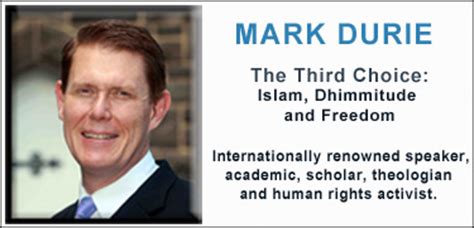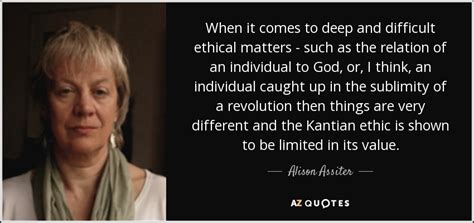A Quote by John Shelby Spong
The Bible interprets life from its particular perspective; it does not record in a factual way the human journey through history.
Related Quotes
The Bible did not arrive by fax from heaven. The Bible is the product of man, my dear. Not of God. The Bible did not fall magically from the clouds. Man created it as a historical record of tumultuous times, and it has evolved through countless translations, additions, and revisions. History has never had a definitive version of the book.
The study of history is the best medicine for a sick mind; for in history you have a record of the infinite variety of human experience plainly set out for all to see; and in that record you can find yourself and your country both examples and warnings; fine things to take as models, base things rotten through and through, to avoid.
The Bible is all God's speech, as well as all mediated through human writers who wrote the individual books. It's a mistake to try to separate passages into a divine piece and a human piece. Rather, we should treat the Bible for what it is: divine and human all the way through. Of course God can quote human sinful speech, or describe human sinful actions, without implying that he approves them.
A mother has a unique perspective. Nobody sees the life of the child the way the child’s mother does—not even the father. This is Mary’s perspective of Jesus life. It seems to me that every genuine Christian, not just Catholics, should be interested in that perspective—and not just interested, but fascinated. In the rosary we ponder the life of Jesus through the eyes of his mother. This is an incredibly powerful experience if we enter into it fully
Islam is unusual in that it's the only one of the great world religions which was born inside recorded history. That there's an enormous amount of factual historical record about the life of a prophet and about social conditions in Arabia at that time. So it's possible to look at the origin of Islam in a scholarly way.
The Bible is an ancient text from an ancient context. We live thousands of miles and thousands of years away from that context, which also represents different cultures. Archaeology is a modern means of revealing both the lost record of the ancient world, and the historical and social world of the Bible. While the purpose of archaeology is not to prove the historicity of the people and events recorded in Scripture, it can help immeasurably to confirm the historical reality and accuracy of the Bible and to demonstrate that faith has a factual foundation.
The Bible is teh means through which we are introduced to Jesus and invited to follow Him in the life of humility and service. Secured by the knowledge that in Christ, our origin... and destination is God, we will yield the fruit of service to God. This is the "so what" of our Bible reading. Does it shape our spirits in love and humility? Does it lead us more fully into life with God? (Life with God, p. 34-35)
I've been searching for a genre that would be most adequate to my vision of the world to convey how my ear hears and my eyes see life. I tried this and that, and finally, I chose a genre where human voices speak for themselves. But I don't just record a dry history of events and facts; I'm writing a history of human feelings.






































